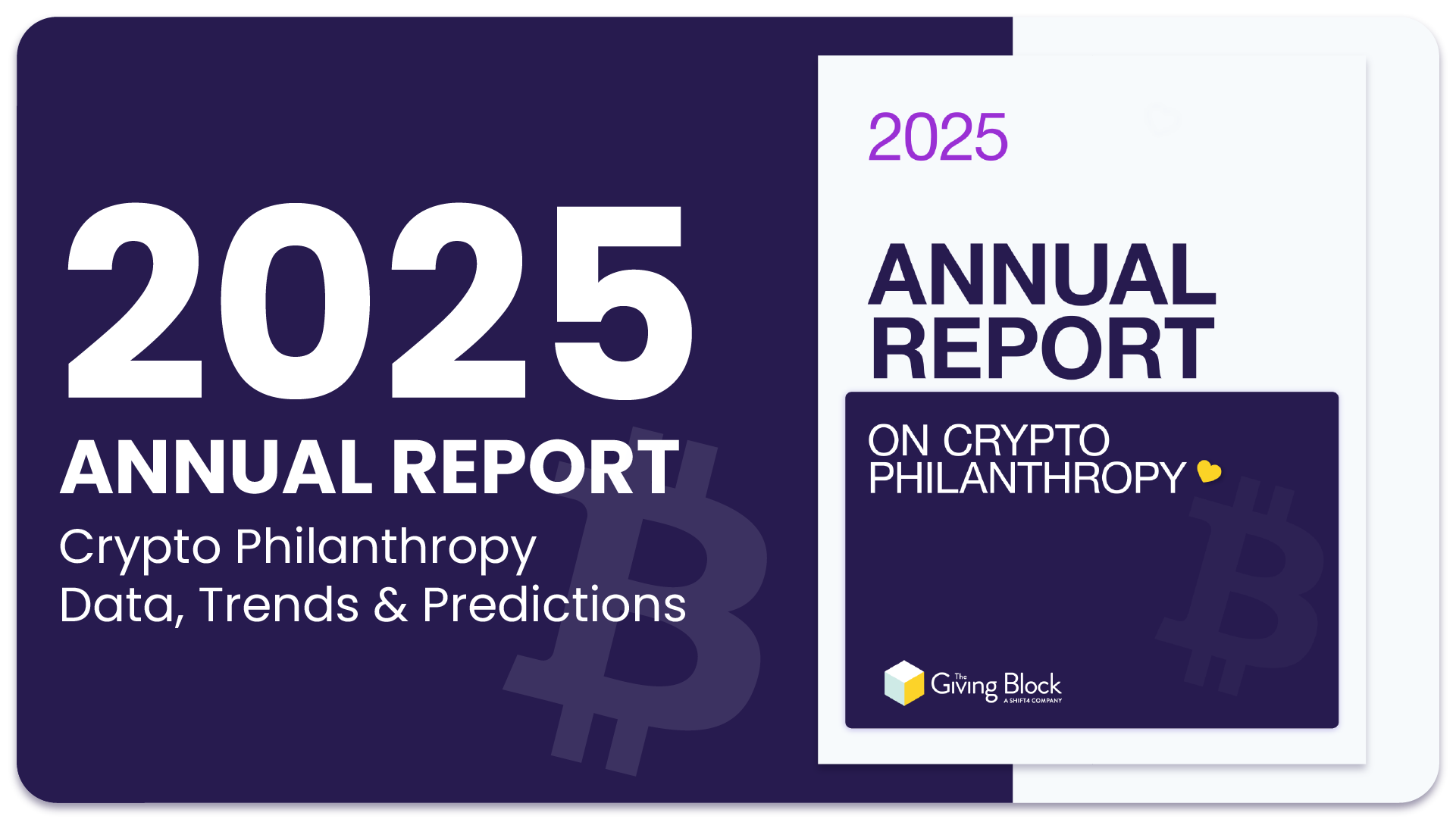In the world of philanthropy, understanding why donors give to charity is a puzzle that nonprofits constantly strive to solve. While the reasons may vary from person to person, there are common motivations that drive individuals to open their hearts and wallets.
In this blog post, we’ll explore the diverse factors that influence charitable giving and shed light on how nonprofits can tap into these motivations to inspire generosity.
Understand the 20 Most Common Reasons Why Donors Give
1. Trust in the Cause
One of the foremost motivations behind charitable giving is trust. Donors want to ensure that their contributions are used for the greater good. When they see that charities are transparent and efficient in their operations, it instills confidence, making them more likely to contribute.
2. Altruism and Compassion
Humanity’s innate sense of compassion plays a significant role in charitable giving. Donors are often driven by a genuine concern for those less fortunate. The desire to alleviate suffering and make a positive impact on the world is a powerful motivator.
3. Social Benefits
Charitable giving isn’t just about money; it’s also about being part of a community. Donors may derive non-monetary benefits from their involvement, such as a sense of belonging and connection with like-minded individuals who share their values.
4. Tax Benefits
For some, the lure of tax deductions can be a compelling incentive. While this motivation is driven by personal financial gain, it still results in contributions that benefit charitable causes. Some donors may consider the tax benefits of different gift types before making a donation.
Further reading: The tax benefits of non-cash asset donations.
5. Egoism and Reputation Enhancement
Some donors may also give to enhance their own reputation and experience the satisfaction of doing good. Being associated with charitable organizations can boost one’s self-esteem and social standing.
6. Financial Constraints
On the flip side, financial constraints can be a deterrent to charitable giving. When individuals face economic challenges, their ability to contribute may be limited. (While it’s not a positive motivating factor, these financial constraints are still responsible for whether or not donors give, and how much they give.)
7. Sense of Duty
Many donors feel a deep sense of duty to help others. This duty can be influenced by personal values, upbringing, or religious beliefs.
8. Support for a Particular Cause
Some donors have a strong affinity for a specific cause, whether it’s environmental conservation, education, or healthcare. Their passion for the cause drives their giving.
9. Religious Commitment
Religious values often guide charitable giving. Many individuals donate as an expression of their faith and commitment to helping those in need.
10. Personal Life-Changing Experiences
Personal experiences, such as overcoming adversity or witnessing the impact of a nonprofit firsthand, can inspire individuals to become dedicated donors.
11. Belief in the Nonprofit’s Mission
Donors are more likely to give when they believe in a nonprofit’s mission and trust that their contributions will be used to stabilize or expand vital programs.
12. Communication of Impact
Nonprofits that effectively communicate the impact of giving by sharing program outcomes can motivate donors by demonstrating the tangible results of their contributions.
13. Personal Affinity with the Cause
Knowing someone who has directly benefited from a nonprofit’s work can create a powerful emotional connection that drives charitable giving.
14. Association with a Specific Organization
Some donors are motivated to give because they want to be associated with the organization and its brand, aligning themselves with its values and vision.
15. Online Presence and Social Media
In today’s digital age, the visibility of an organization online and on social media can pique donors’ interest and encourage them to contribute.
16. Personal Relationships
Knowing someone on the board of directors or who volunteers for a nonprofit can foster trust and a sense of connection, motivating donors to support the cause.
17. Demographic Factors
Demographics also play a role in charitable giving. For example, studies have found that single women and married couples tend to give more than single men. Black and Latino families have been found to have strong philanthropic traditions, giving at relatively high rates proportional to their income.
18. Community Engagement
Nonprofits can leverage community giving days and create a sense of urgency to motivate donors, encouraging them to participate in collective acts of generosity. This insight should not come as a huge surprise, though, given that most nonprofits serve their local communities.
19. Psychological Rewards
Studies show that giving to charity activates the brain’s reward system and fosters a sense of social attachment, making it a deeply fulfilling and emotionally rewarding experience.
20. Identity-Based Giving
Identity-based giving allows donors to express who they are. Whether it’s personal, relational, group, organizational, or regional/national/international identity, aligning charitable contributions with one’s identity can be a powerful motivator.
Sources for Further Reading:
The takeaways in the articles above were found in the following guides and reports:
- Neon One’s trend report on giving, Donors: Understanding The Future of Individual Giving
- Network for Good’s donor assessment survey
- Drs. Sara Konrath and Femida Handy’s article, The Development and Validation of the Motives to Donate Scale
- Charities Aid Foundation’s study, Why We Give
Applying Donor Motivations to Your Fundraising Strategy
While the motivations behind charitable giving are diverse and multifaceted, they all share a common thread: the desire to make a positive impact on the world and be part of something greater than oneself.
Nonprofits that understand these motivations and effectively tap into them can inspire donors to contribute generously, ultimately driving positive change in their communities and beyond.
To learn more about your current donors and tap into their own motivations, take these steps:
- In general, create a positive experience for first-time donors, which has proven to help encourage future giving.
- Tap into specific triggers that can inform a donor’s decision to make a charitable gift.
- Survey your donors to learn more about their specific motivations, both past and present.
- Reduce friction in your online giving experience: make sure your form is mobile friendly, offer multiple ways to give, and provide a receipt for tax purposes.
Ultimately, it’s important to remember that it’s not just about the details of the gift; it’s about the feelings and connections that giving creates.
Future proof your fundraising now
Take the next step toward supercharging your fundraising with crypto, stock and Donor-Advised Fund donations. By supporting non-cash asset giving, your organization can:




















